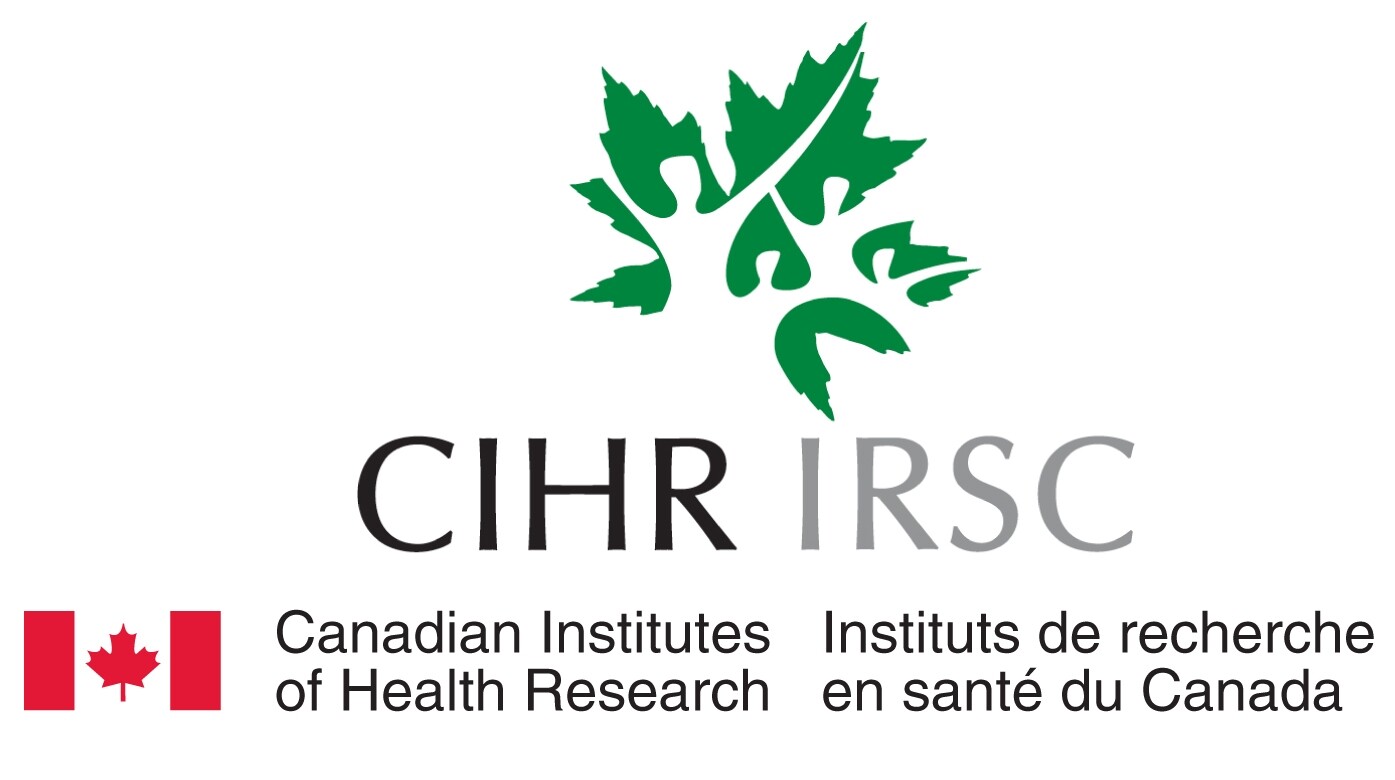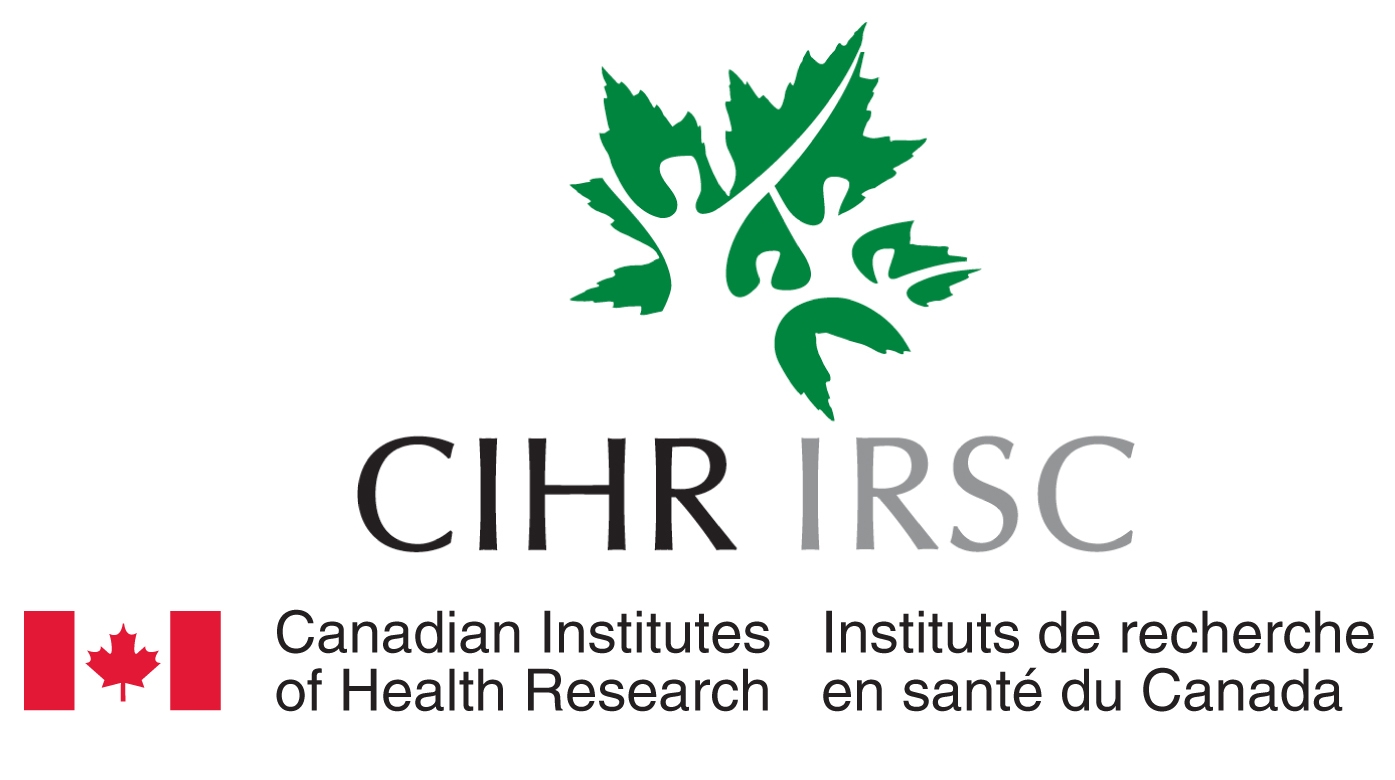CIHR Funds Two DFCM Projects to Support Canadian Primary Care


Drs. Michelle Greiver and Andrew Pinto and their research teams were awarded two out of the four CIHR Primary and Integrated Health Care Network programmatic funded grants this year.
The recipients from the Department of Family and Community Medicine (DFCM) are receiving a total of $2M from CIHR as well as additional funding of $3M to carry on two projects that will advance primary care nationally.
“The process was incredibly competitive and two out of the four grants funded are led by DFCM investigators! I am extremely excited and look forward to the start of both projects,” said Dr. Greiver.
SPIDER study: Structured Process Informed by Data, Evidence and Research
Half of health care costs are incurred by five percent of the population. These patients are often older, live with multiple chronic conditions and take many medications. As many as 25 percent of elderly people have received prescriptions for ten or more different medications in a single year.
DFCM’s Quality and Innovation Program and UTOPIAN are combining forces to work with patients and their health care providers to reduce prescriptions that are less likely to benefit this population.
Conversations between clinicians and patients about thoughtful medication choices can improve care for elderly people living with multiple medications. SPIDER, the Structured Process Informed by Data, Evidence and Research will test collaborative ways to have these conversations more often in family practices. A search in UTOPIAN’s Data Safe Haven identified many elderly patients as suitable candidates for the SPIDER study.
“Some of our older patients have several chronic conditions and take ten or more medications. Using UTOPIAN’s Data Safe Haven, we can provide information relevant to these patients back to their family physician to support care.”
SPIDER makes use of existing evidence-based resources from established programs and organizations. For instance, Choosing Wisely Canada and the Canadian Deprescribing Network have already identified medications that may be less likely to benefit these patients and have developed tools to support decreases in prescriptions. The Quality and Innovation Program has extensive experience and tools to support physicians as they seek to improve their practice. A SPIDER Learning Collaborative involves patients, family physicians and other health care providers, health planners and Quality Improvement coaches that can learn and work together to find practical ways to improve care in daily family practice.
Fifty investigators from five provinces are participating in SPIDER, including seven DFCM faculty members, researchers and administrators. Trish O’Brien of DFCM’s Quality and Innovation Program will oversee the quality improvement aspects of the project while Dr. Greiver and other investigators will oversee the data management and research.
“Patients have been highly involved in our grant application and told us that they want to see this project through. They feel that better quality of care and outcomes and better patient experiences are important for elderly people living with complex health problems. Caring for our most vulnerable patients is central to the work we do as family physicians.”
Seven practice-based research networks, led by UTOPIAN, in five provinces across Canada are taking part in SPIDER. The feasibility of this approach, combining QI, research and EMR data, will first be tested and improved in Toronto, Edmonton and Montreal and included as part of a pragmatic randomized controlled trial in five practice-based research networks.
SPARK: Screening for Poverty And Related social determinants and intervening to improve Knowledge of and links to resources (SPARK) Study
Dr. Andrew Pinto is the principal investigator for a project that will centre around a cluster randomized controlled trial that evaluates interventions to help address poverty when identified through sociodemographic data.
“The social determinants of health are the conditions in which we are born, grow, live and work that affect our health. We know a great deal about these social determinants. But we have lacked evidenced-based interventions to intervene,” said Dr. Pinto. “This study will help us create and evaluate a standard for collecting data on social determinants, use this data to find health inequities, and then test novel solutions.”
Dr. Andrew Pinto is receiving funding to develop and validate a standard tool that will collect individuals’ social determinants of health data to identify health inequity, building on previous work. The study hopes to understand how to address social determinants of health within health settings with specific attention for interventions that target income security.
It will recruit and follow an estimated 1,540 participants involving colleagues from Saskatchewan, Manitoba, Ontario, Nova Scotia and Newfoundland. While the primary outcome of this intervention is change in income attributable to the poverty intervention, it will capture data on additional impacts, including linkage to community resources, psychological stress and quality of life.
In a previously CIHR-funded grant through SPOR, Dr. Pinto and the team sought to determine if an online financial navigator could be integrated into clinical settings for patients and if the intervention had an impact on access to financial benefits.
All projects were developed using the “upstream” approach by The Upstream Lab, a project led by Dr. Pinto that seeks to address the socio-economic cause of poor health outcomes. This Lab is centred on evaluating interventions that address social determinants of health.
“We are really excited, and we are looking forward to working with colleagues across Canada and particularly patients who have been part of our projects for the last several years.”



